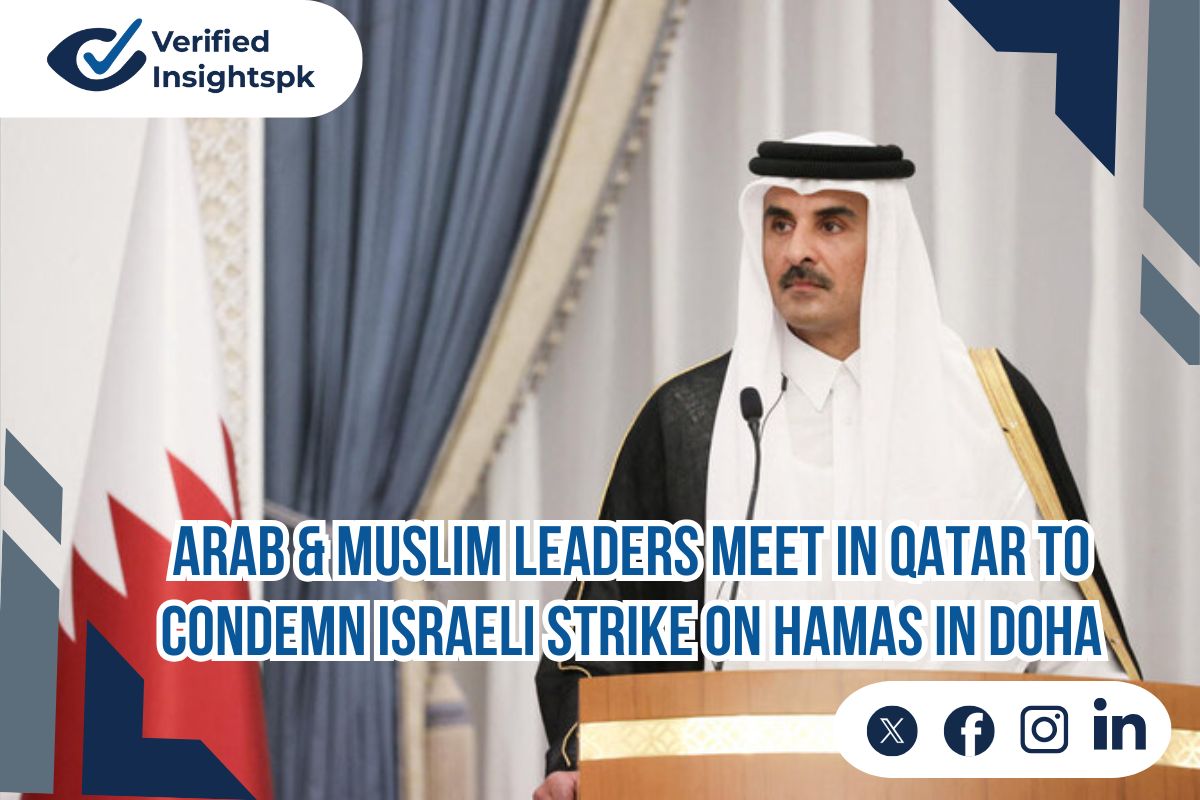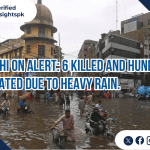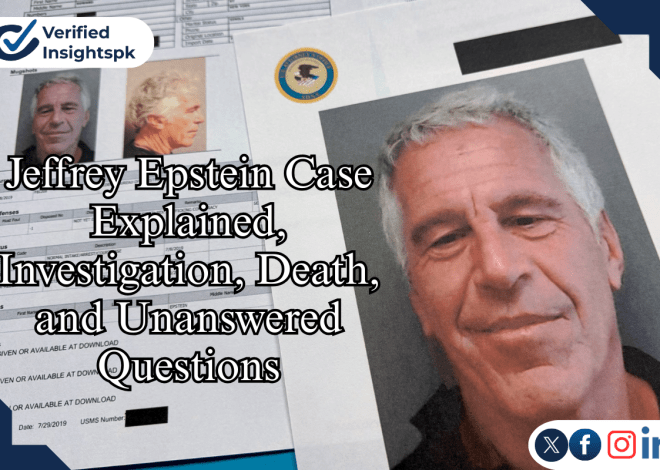
Arab, Muslim Leaders Meet in Qatar to Condemn Israeli Attack on Hamas in Doha
The Middle East is witnessing a pivotal moment as an Arab Muslim leaders’ summit in Qatar is being convened in response to the recent Israeli attack in Qatar that targeted Hamas officials in Doha. The emergency gathering reflects deep Arab Islamic solidarity with Qatar and marks one of the strongest collective diplomatic responses in recent years.
A Summit Born Out of Crisis
According to Qatar’s foreign ministry spokesman, Majed al-Ansari, the summit aims to denounce the Israeli strike and affirm the region’s rejection of what many leaders have called an unprecedented violation of sovereignty.
The emergency summit of Arab Islamic states will discuss a draft resolution on the attack in Doha, which will be debated and refined at a ministerial meeting before being formally presented. The resolution is expected to condemn the strikes, call for accountability, and demand that international actors take a stronger stance against Israel’s actions.
Leaders Attending Doha Summit
The leaders attending the Doha summit reflect the wide-ranging concern across the Arab and Muslim world. Confirmed participants include Masoud Pezeshkian of Iran and Iraqi Prime Minister Mohammed Shia al-Sudani, both of whom have been vocal critics of Israel’s actions in Gaza.
There is also speculation around Turkish presence in the Qatar summit, with President Recep Tayyip Erdogan expected in Doha at the same time. While his participation is not yet officially confirmed, analysts suggest that Turkey’s presence could add further weight to the collective response.
Israeli Strike in Doha: A Diplomatic Flashpoint
The Doha bombing of Hamas leadership last week killed five Hamas members along with a Qatari security officer. For many in the region, the strike was not just an attack on Hamas, but on Qatar itself, a country widely recognized for its role as a mediator.
The diplomatic response to the Israeli strike has been swift. Gulf monarchies, many of which maintain strong ties with the United States, have also joined in Israeli strike condemnation across the Arab world. Analysts see this as a rare moment of unity, where political rivalries are set aside in favor of defending sovereignty and regional stability.
Qatar’s Role as Mediator in the Gaza War
For years, Qatar’s role as mediator in the Gaza war has been central to negotiations involving Hamas, Israel, the United States, and Egypt. Qatar’s government has positioned itself as a bridge between conflicting sides, offering humanitarian support to Gaza while maintaining open diplomatic channels with Western allies.
The Israeli attack in Qatar threatens this delicate balance. By striking in Doha, Israel has not only targeted Hamas but also disrupted the broader architecture of mediation and diplomacy. The implications for regional diplomacy are significant, raising concerns about whether Qatar can continue its role as a trusted broker.
Arab Islamic Solidarity with Qatar
The summit is a clear display of Arab Islamic solidarity with Qatar. Leaders are expected to release strong statements condemning Israel’s actions and pledging unified support for Doha. This solidarity is not only symbolic but also practical, as countries are likely to explore collective measures, both diplomatic and economic, to increase pressure on Israel.
The emergency summit of Arab Islamic states also serves as a warning: Israel’s actions cannot be normalized, and the Arab world will not tolerate strikes that threaten sovereignty and diplomacy.
Implications for Regional Diplomacy
Experts warn that the strike and its fallout could reshape alliances in the Middle East. The implications for regional diplomacy extend beyond Qatar, touching on broader issues of sovereignty, international law, and the role of external powers like the United States.
Some analysts argue that the strike was meant to send a message that no location is safe for Hamas leadership. However, by targeting Doha, Israel has alienated even some of its quiet supporters in the Gulf. This creating a rare moment of collective outrage.
Others believe this summit could mark the beginning of stronger coordination among Arab and Muslim states on issues of security, sovereignty, and Palestine, something that has often been fragmented in the past.
Beyond Condemnation: What’s Next?
The summit will not only focus on words but also on actions. The resolution on the attack in Doha may include proposals for international investigations, calls for sanctions, or coordinated diplomatic measures. There may also be a renewed push for stronger recognition of Palestinian statehood, as Arab and Muslim countries seek to counterbalance Israel’s military and diplomatic actions.
For Qatar, the stakes are especially high. The country must balance its role as a mediator with the need to defend its sovereignty. Its ability to maintain credibility as a neutral actor in the Gaza war mediation will be closely watched in the weeks to come.
Conclusion
The Arab Muslim leaders’ summit in Qatar represents more than just a reaction to a strike. It is a moment where the region collectively reasserts its stance on sovereignty, diplomacy, and the Palestinian issue.
By gathering voices from across the Middle East, from Masoud Pezeshkian of Iran attending the summit to the possible Turkish presence in the Qatar summit. This gathering shows that Israel’s strike has triggered one of the strongest diplomatic pushbacks in years.
As the Israeli strike condemnation in the Arab world gains momentum. The summit in Doha may set the tone for how Arab and Muslim states respond collectively to future challenges. Whether through diplomatic resolutions, international pressure, or renewed unity on Palestine, one thing is clear: the attack has drawn a red line, and the region is ready to defend it.










